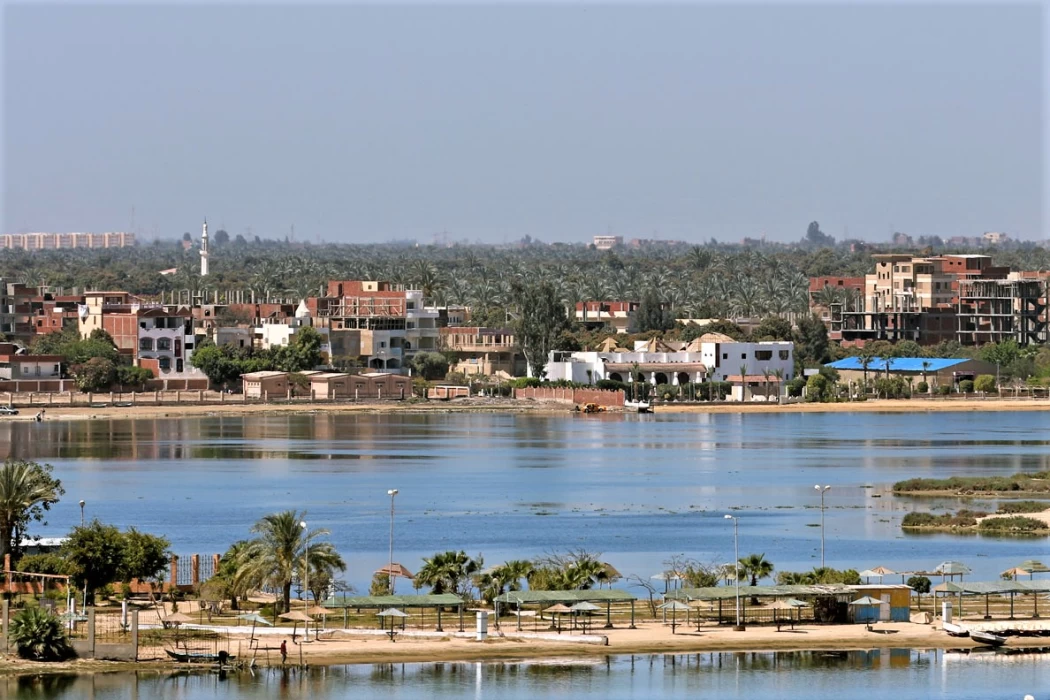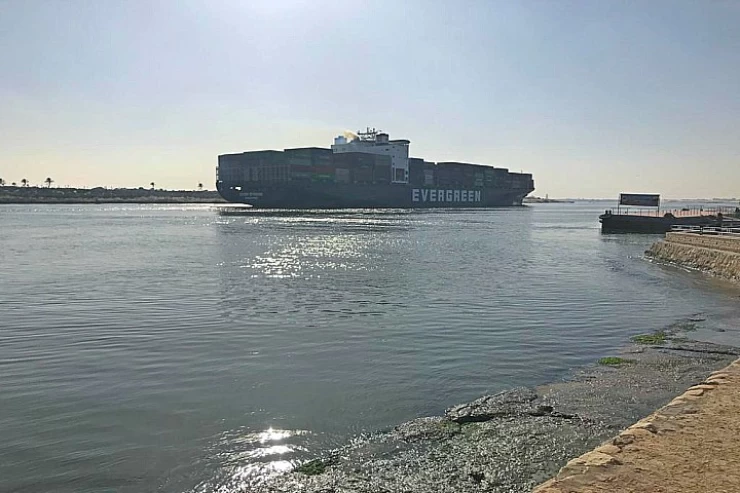
Great Bitter Lake | Ismailia
Great Bitter Lake
Bitter Lakes, which is located in a natural depression between the northeastern desert and the Sinai desert, and is about 24 kilometers away from the city of Ismailia, and the lakes extend for a distance of 53 kilometers, of which about 30 kilometers are located within the borders of Ismailia Governorate, representing the Great Bitter Lakes and part of the Lesser Lakes, and the rest of the length of the eastern shore of these bitter lakes extends for 23 kilometers in the governorate of Suez.
Historically, the Bitter Lakes were created in 1955 during the rule of President Gamal Abdel Nasser. These lakes were built to store water in an area that was previously dry land. The water lost by the lakes is compensated for by the flow of water from the Mediterranean Sea and the Red Sea through the Suez Canal.
The Bitter Lakes are strategically important, as they are a shipping lane for ships and tankers, and are part of the Suez Canal. In recent years, it has been proposed to expand and deepen these lakes to facilitate the transit of ships and reduce waiting time. In addition, the lakes contribute to fish resources and have attractive tourist beaches.
One of the Egyptian cities close to the bitter lakes is Ismailia, and there are proposals to turn these lakes into an international port to boost commercial activity and facilitate navigation.
Now that it's winter, the beaches are empty of vacationers, but the fishing enthusiasts don't stop there, and fish and shellfish boats are sailing every day.
Fishermen gather in circles to sell fish on a wholesale basis, so it's ideal for fish enthusiasts, and the best time to visit is at 5 a.m. from the end of the night's catch, when shrimp and crustaceans are sold, and before sunset, when the day's catch is on display.















